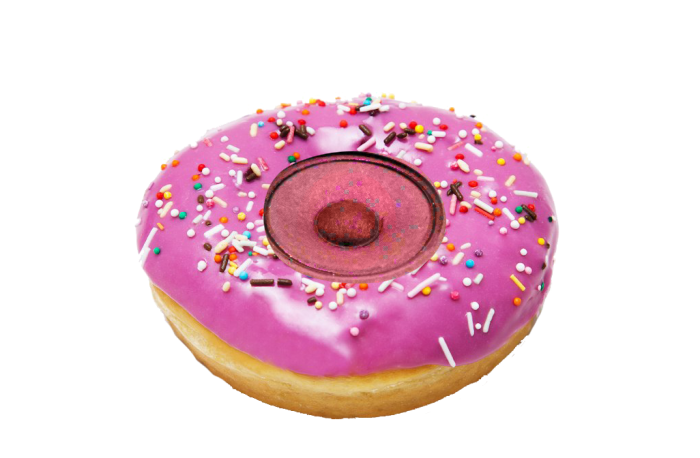A few months ago I was watching the movie “Triple Frontier,” and as its star-studded cast shot their way through the Colombian jungle, I was getting increasingly frustrated at my constant increasing and decreasing of the volume. I would turn it up to hear the actors mumble in Spanish to then immediately turn it back down the moment bombs and guns began to go off to protect both my hearing and avoid a noise complaint from my roommate. For me, this just confirmed the phenomenon people have mentioned online and typically attribute to the iconic director Christopher Nolan.
In the case of Nolan, this is due to the cameras he uses. “Oppenheimer” was filmed on IMAX cameras, and according to him in an Business Insider article, these cameras tend to be noisier and not soundproof. The noisiness of these cameras then means he has to use software technology to remove the noise produced by the cameras. He also doesn’t do ADR which is just tied to his own approach to filmmaking, saying “I like to use the performance that was given in the moment rather than the actor revoice it later. Which is an artistic choice that some people disagree with, and that’s their right.”
He continues to defend his creative choice in a Hollywood Reporter interview where he says “I like to follow the experience of the character” and emphasizing that the soundscape and the diegetic sound is his main priority. Part of this focus on diegetic sound meant that for Nolan dialogue was more of a sound effect rather than a stand alone piece of audio. In regards to his film “Interstellar” and the scene in which Matthew McConaughey is driving in a corn field, he said, “I was very keen to try and give the audience the experience and the chaotic feeling with the sound,” and that “The idea is to experience the journey the character is going on.”
Though style isn’t the only reason why dialogue is hard to hear and action sound effects are overwhelmingly loud. In this Reddit thread, many users talk about how different audio can sound depending on the location in which the film is being played. The audio is going to sound different in the post-production room which has industry-standard speakers and headphones and people whose entire job is to understand everything about audio and who likely see the film over and over as they edit it. It is also going to sound significantly different between the movie theater and your own home. Despite the rise in streaming, it is also very likely that movies are still being made with a theater premier in mind rather than people watching them at home on various devices. One particularly interesting piece of advice, one which I will definitely try, in this thread was that people might have the bass turned too high up on their TVs and in turn this makes voices harder to hear and explosions a lot louder. In the case of watching movies at home, it seems that it would depend on you to mess with the sound settings on your TV and surround sound system, if you have one. Though it does make me wonder what this means for adjusting audio on devices such as tablets, phones, and laptops as these become multi-use as people travel.
Now the question is, why have films gotten so much darker?
